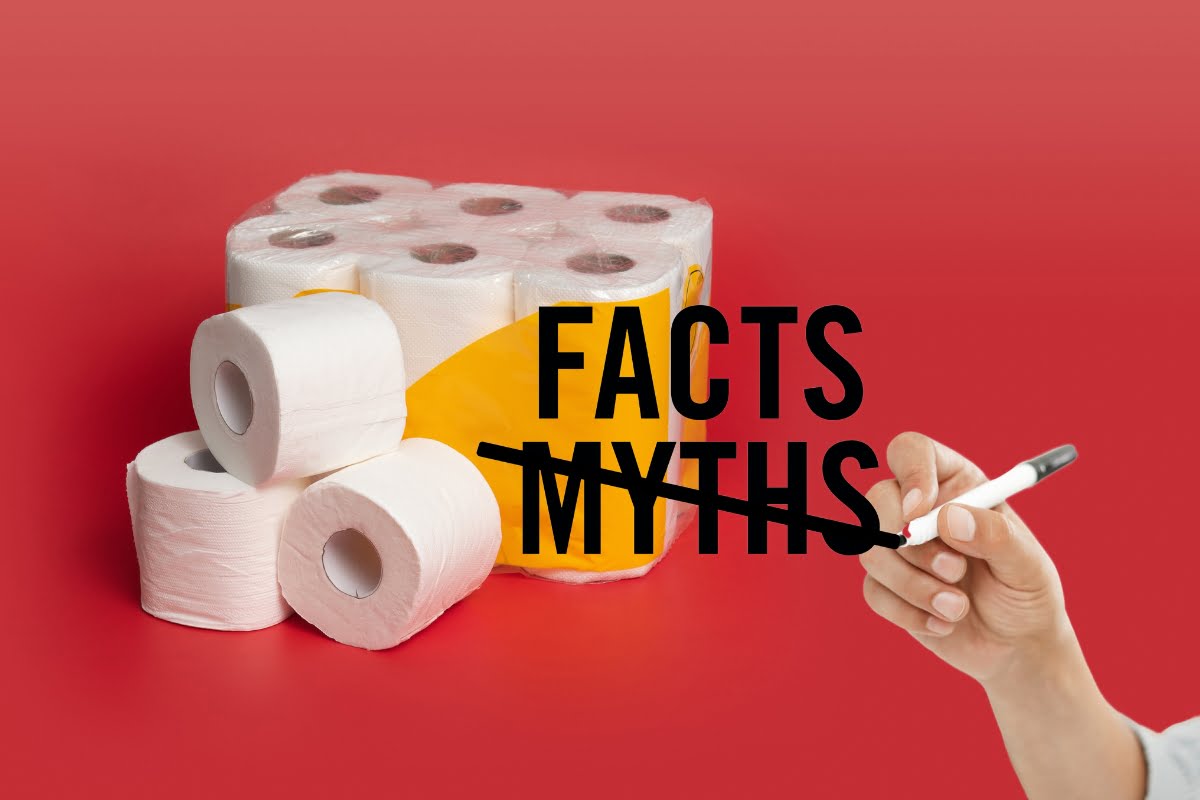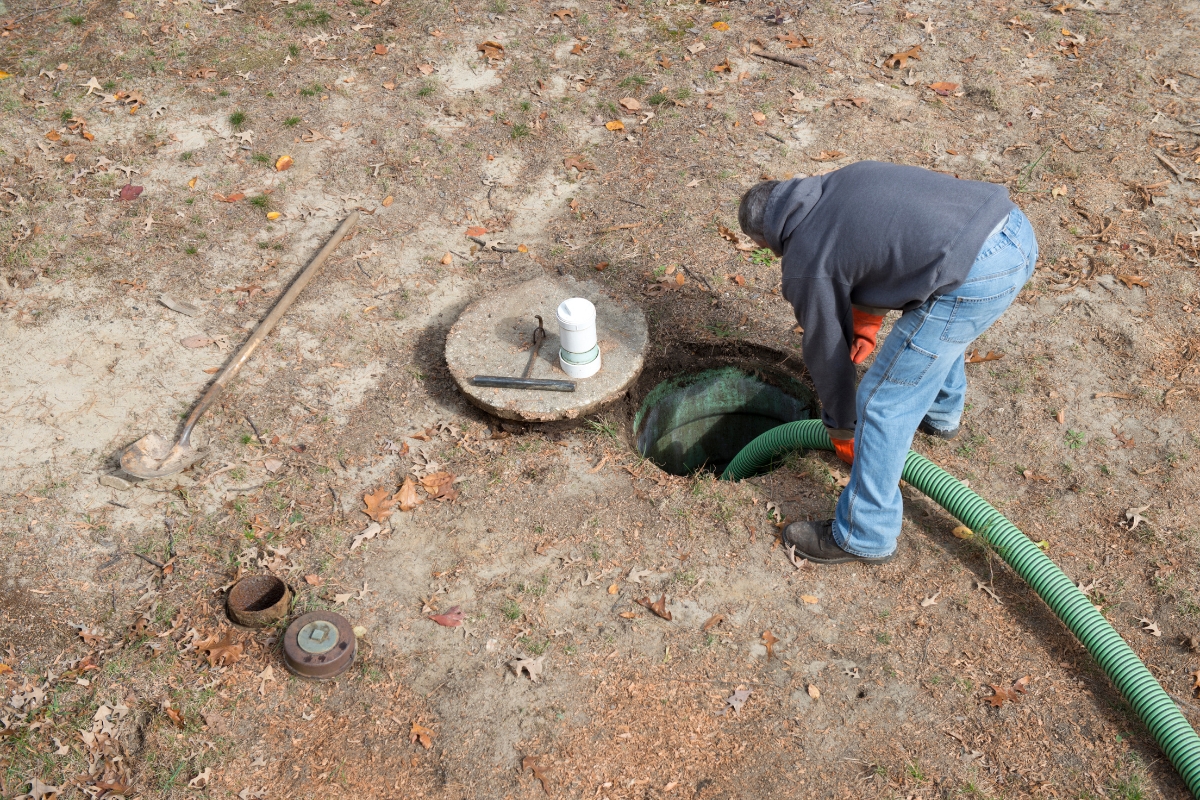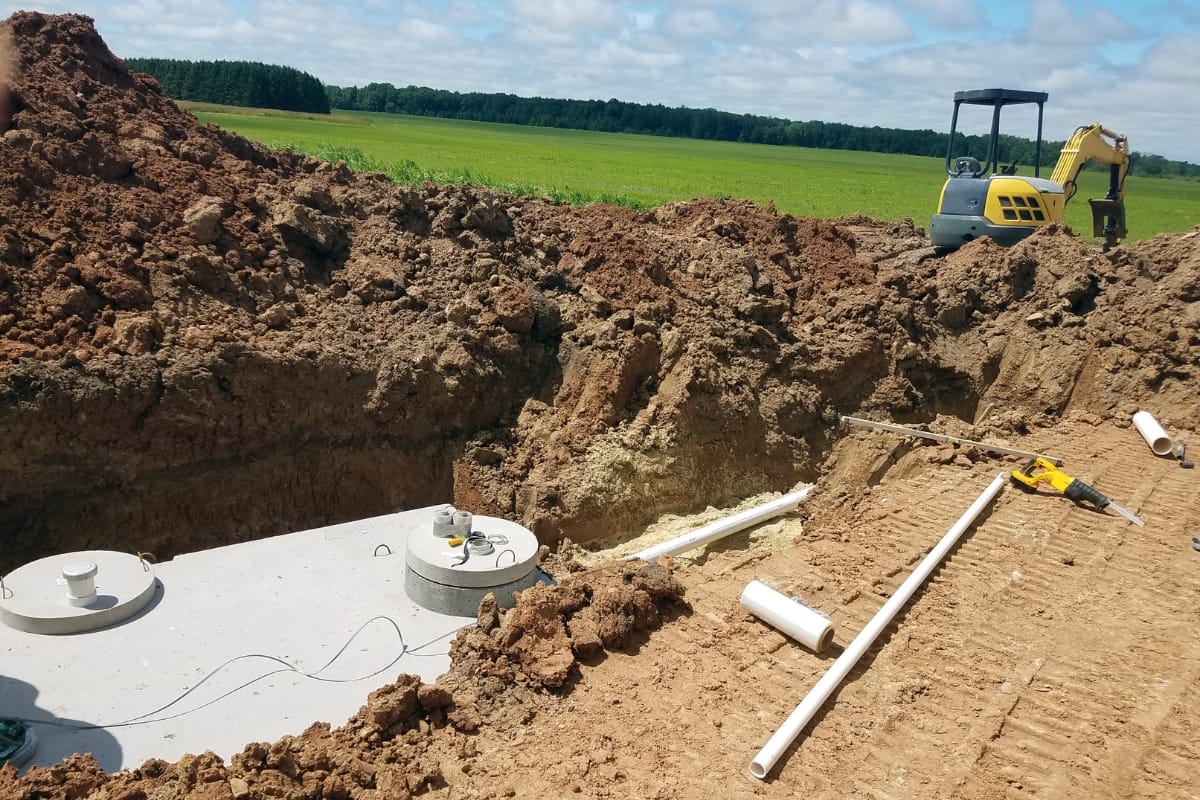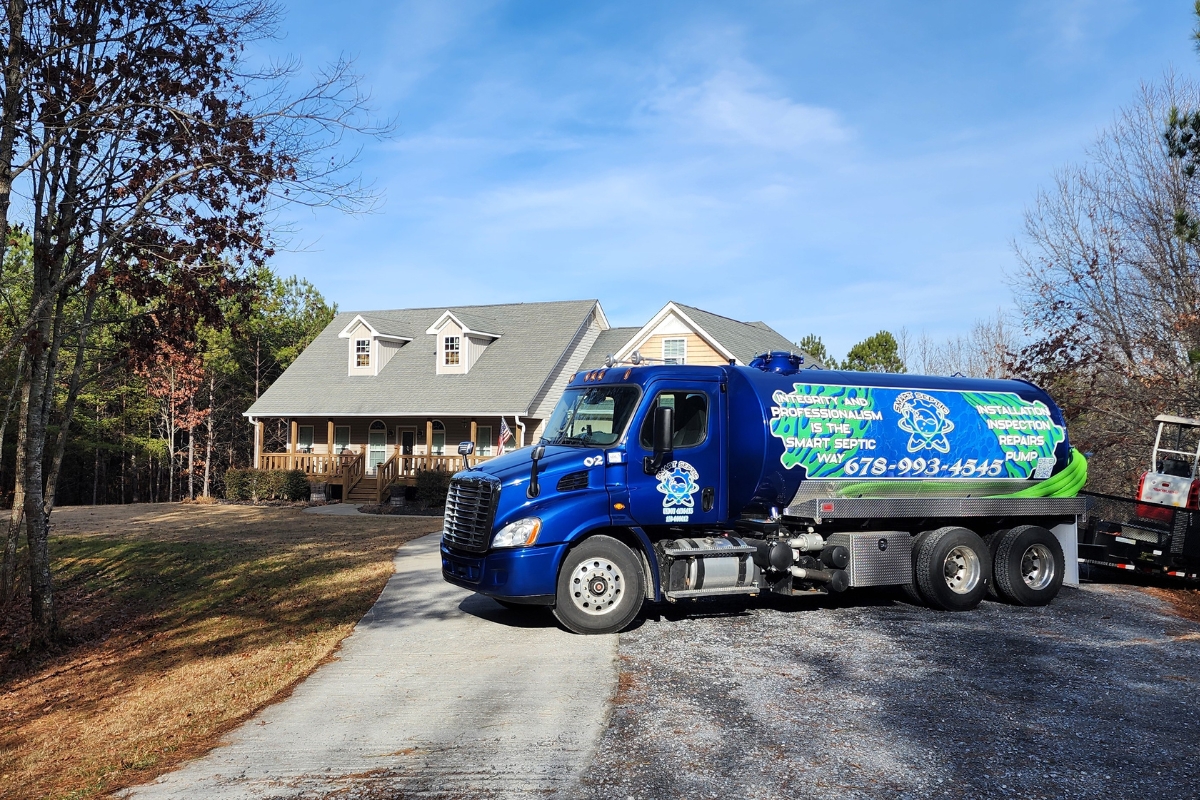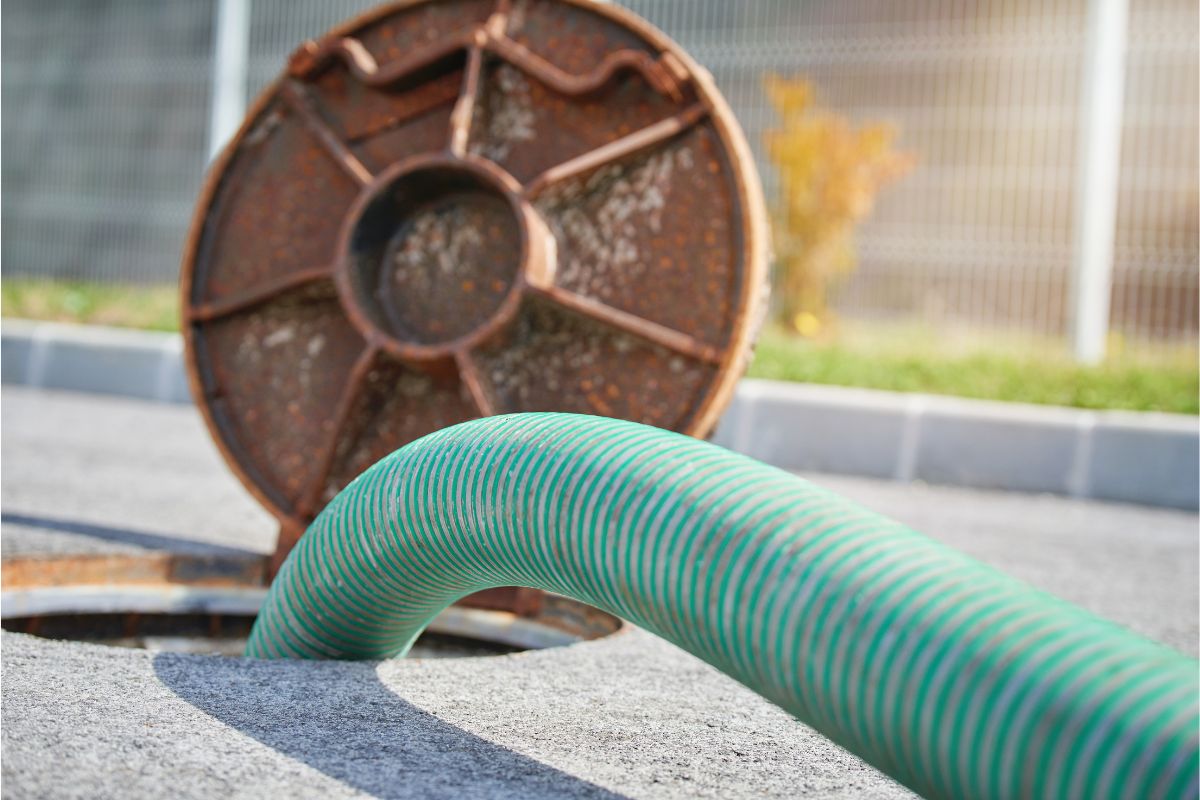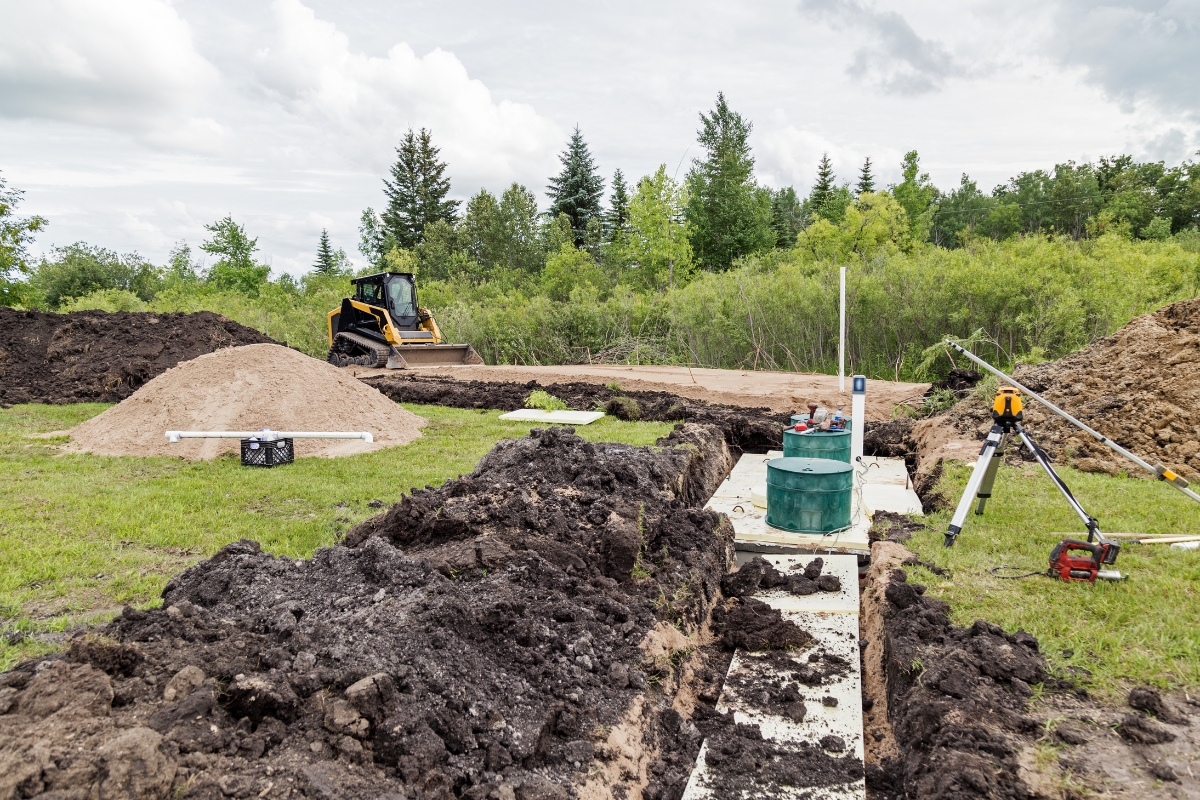Are you familiar with the inner workings of a septic tank? Or are you like many others who have grown up hearing various myths and misconceptions about them? Well, it’s time to set the record straight! In this eye-opening blog post, we will be debunking five common septic tank myths, providing you with the facts you need to know.
When it comes to septic tanks, misinformation tends to spread like wildfire. These myths have led to confusion and even costly mistakes for homeowners. It’s high time we separate fact from fiction and shed light on the truth behind these septic tank misconceptions.
For those who rely on septic systems, understanding the truth about how they function is crucial. By addressing these misconceptions head-on, you will not only gain clarity but also make informed decisions about the care and maintenance of your septic tank. So, let’s dive in and bust these septic tank myths wide open, once and for all!
Common Septic Tank Myths You Should Know
Myth #1 Additives Can Replace Regular Maintenance
There is a common misconception that using additives can completely eliminate the need for regular maintenance of septic tanks. However, this is far from the truth. While additives can provide some benefits, they cannot replace the essential maintenance required to keep your septic tank functioning properly.
Septic tank additives are designed to enhance the microbial activity in the tank, aiding in the breakdown of waste. They can help prevent clogs and reduce odors, but they should not be relied upon as a substitute for regular pumping and inspection.
Regular maintenance, including pumping the tank every 3-5 years, is crucial to prevent solids from overflowing into the drain field and causing costly repairs. It also allows for the detection of any potential issues before they escalate.
In conclusion, while septic tank additives can be useful as a supplement to regular maintenance, they should not be seen as a replacement. Proper maintenance is essential to ensure the longevity and efficiency of your septic system.

Myth #2 Septic Tanks Don’t Need to be Pumped
Contrary to popular belief, septic tanks do require regular pumping. This is a common myth that needs to be debunked. Septic tanks function by collecting and breaking down waste material. Over time, solid waste accumulates at the bottom of the tank, while the liquid waste flows out into the drain field. If the tank is not pumped regularly, the solid waste can build up and cause blockages in the system. This can lead to backups, foul odors, and even damage to the tank itself.
To ensure proper functioning and avoid costly repairs, it is recommended to have septic tanks pumped every 3-5 years. Regular maintenance will prolong the lifespan of your septic system and help prevent any potential issues. Don’t fall for the myth – septic tanks do need to be pumped!
Myth #3 Flushing Chemicals Down the Drain is Safe for the Septic System
Flushing chemicals down the drain may seem convenient, but it is far from safe for your septic system. This is a common myth that needs to be debunked. Septic tanks are designed to break down organic waste naturally, and introducing chemicals can disrupt this delicate process.
Chemicals found in cleaning products, such as bleach and antibacterial agents, can kill the beneficial bacteria in your septic tank. These bacteria are responsible for breaking down solid waste and maintaining a healthy balance in the tank. When the bacteria are killed off, the waste accumulates and can cause clogs and backups.
Instead of flushing chemicals down the drain, opt for septic-safe alternatives. There are many eco-friendly cleaning products available that won’t harm your septic system. Regular septic tank maintenance, such as pumping and inspections, is also crucial to ensure the proper functioning of your septic tank. By following these guidelines, you can keep your septic system running smoothly and avoid costly repairs.
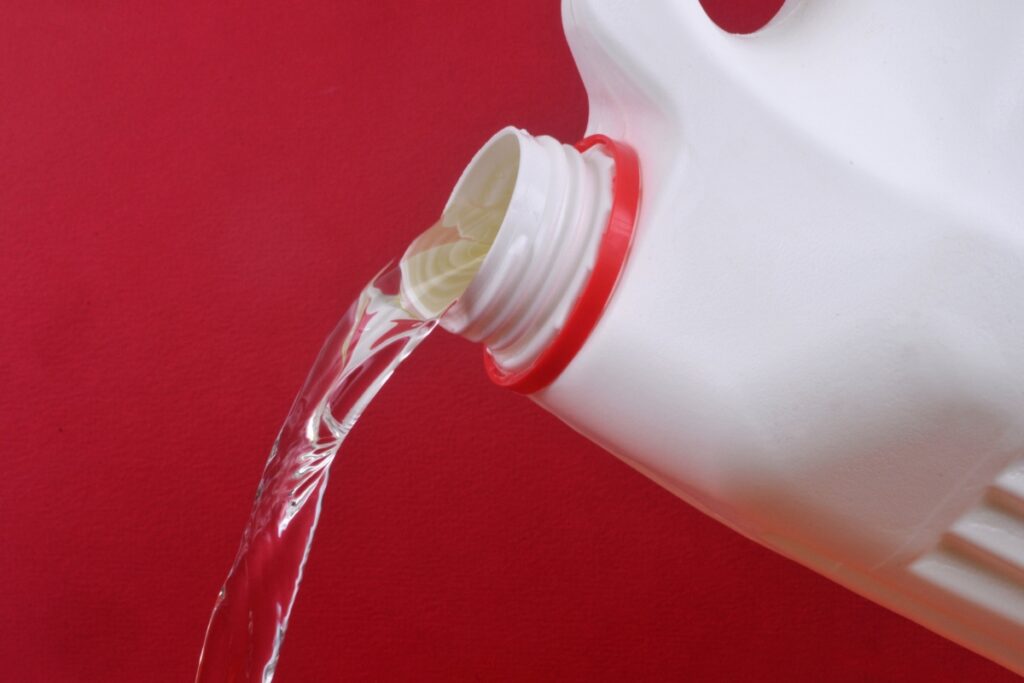
Myth #4 Septic Tanks Can Handle Anything and Everything
Septic tanks are often misunderstood, and one common myth is that they can handle anything and everything. However, this is far from the truth. While septic tanks are designed to break down and treat waste, they have their limitations.
Contrary to popular belief, septic tanks cannot handle excessive amounts of chemicals, oils, or grease. These substances can disrupt the natural balance of bacteria in the tank, hindering the breakdown process. Additionally, disposing of non-biodegradable items such as diapers, paper towels, and feminine hygiene products in the septic tank can lead to clogs and costly repairs.
To ensure the optimal functioning of a septic tank, it is crucial to follow proper maintenance practices. Regular pumping and septic tank inspections by professionals are essential to prevent any issues. Educating homeowners about the do’s and don’ts of septic tank usage can help dispel the myth that septic tanks can handle anything and everything. Remember, responsible waste disposal is key to a well-functioning septic system.
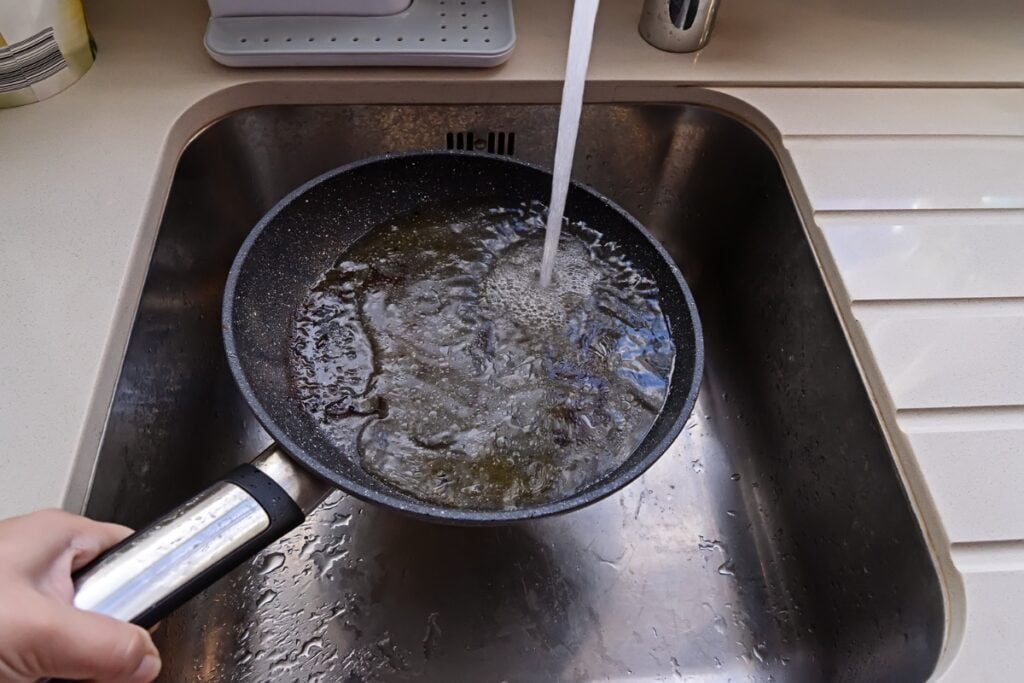
Myth #5 Septic Tanks are Harmful to the Environment
Septic tanks are often misunderstood, and one common myth is that they are harmful to the environment. However, this is not entirely true. Septic tanks are designed to safely treat and dispose of wastewater from homes that are not connected to a central sewer system. They function by separating solid waste from the liquid, allowing bacteria to break down the organic matter. The liquid waste, known as effluent, then flows into the drain field, where it is further treated by the soil.
Septic tanks are actually an environmentally friendly alternative to central sewer systems. They help to protect groundwater by naturally filtering and purifying the effluent before it enters the soil. This process removes harmful bacteria, viruses, and other contaminants, ensuring that the water that recharges the groundwater is clean and safe.
It is important to note that proper maintenance and regular inspections are crucial to ensure the efficiency and longevity of septic tanks. By debunking myths like this, we can have a better understanding of septic systems and appreciate their role in protecting the environment.

Septic Tank Myths Conclusion
Don’t fall for common septic tank myths that could potentially harm your system. Instead, rely on the facts provided by the professionals at Smart Septic Pros. Whether it’s maintenance, repairs, or installation, we have you covered.
With our expertise and experience, we can handle all your septic needs efficiently and effectively. Contact us today for reliable and trustworthy septic tank services.
